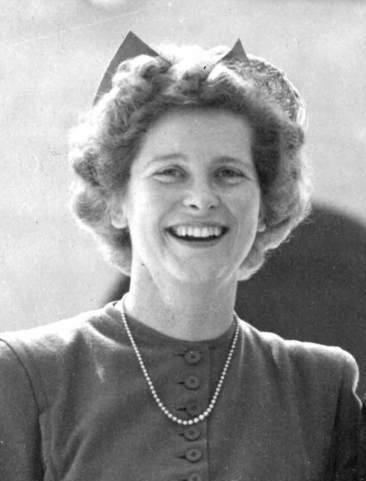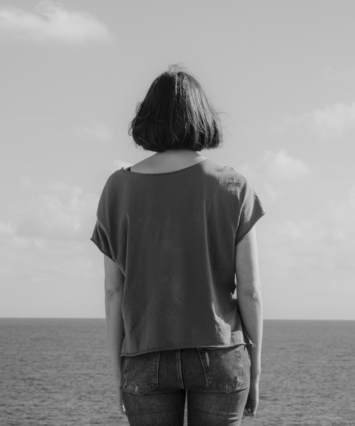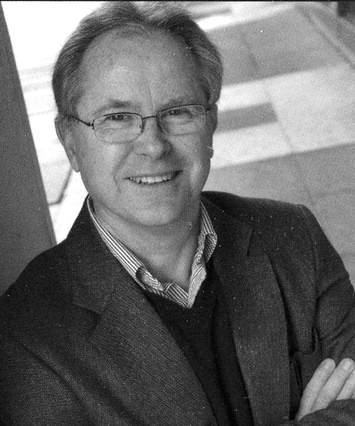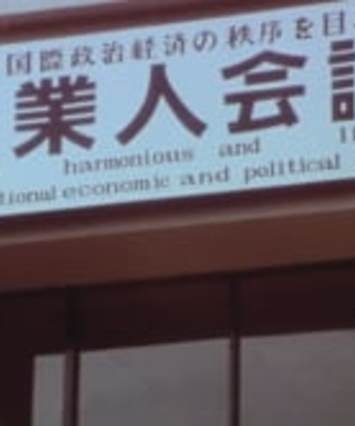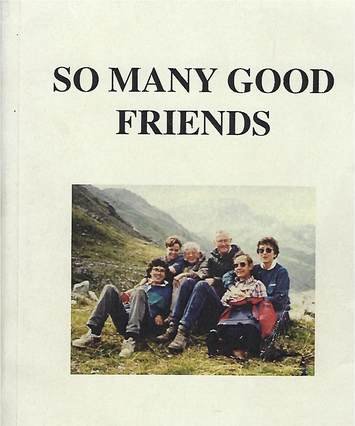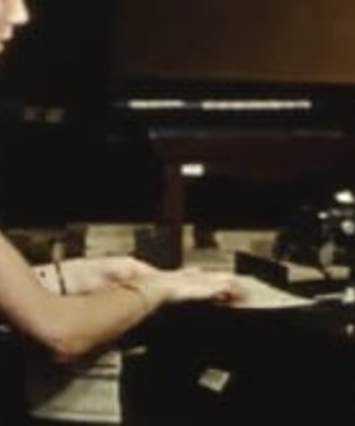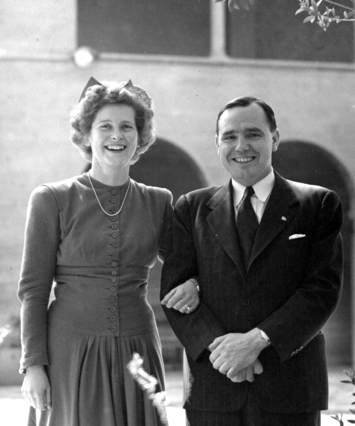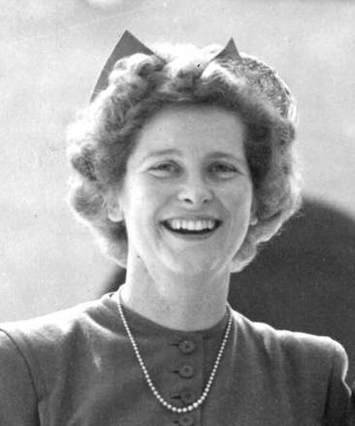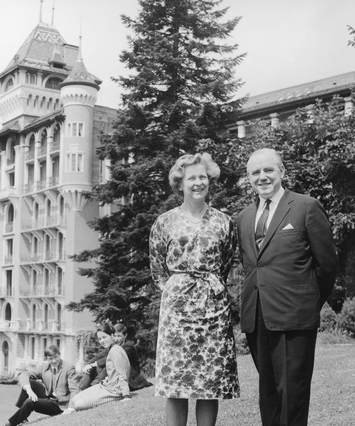Lucy Margaret Davis came from a long line of farming families. One branch (Baylis) back to 1563 when members of the family bought an old monastery which had been dissolved by Henry VIII. She was born in Wembley, London, the daughter of a businessman. Together with her parents and her younger brother Denis, she attended the local Baptist Church. After school she trained as a fashion cutter and studied dress design at a Parisian Academy in Knightsbridge. She then worked for several years in London at Debenhams, Dickens and Jones and other major stores. These skills stood her in good stead all her life; she was always well dressed.
During World War II Lucy became a land girl working on the farm owned by Peter Howard, the leader of Moral Re-Armament (MRA) in Lavenham, Suffolk. In the years before the war Lucy had been influenced by Moral Re-Armament. She was intrigued by the way it set out to make the world a better place as people put God first in their lives in practical ways and thus showed that communities and countries could also find God’s ways. After the war, Lucy met Duncan Corcoran, a former shipyard worker from Scotland who was committed to MRA’s work in industrial relations. Lucy was a skilled cook, and she cooked for Dr Frank Buchman, the initiator of MRA, at the MRA center in Los Angeles. Duncan says he “first noticed her in the kitchen.” They were married a year later in Los Angeles by Frank Buchman. It was an unusual partnership that lasted 51 years and produced three children, Robert, Ann and Ian.
Lucy and Duncan found themselves working in many different parts of the world as Duncan pursued his commitment to bringing a new vision to the international labor movement. As well as America the UK, they had deep friendships in India and in Japan where they spent nearly three years.
Lucy was a homemaker par excellence; she created at least eight homes in Suffolk, London, and Cornwall. There was always a welcoming spirit; and there was always a garden which gave her and others such pleasure. One life-long friend, Jill Robins said: “All of us who knew Lucy could spot her laugh across a crowded room. She had humor, directness and a commonsense approach to what was right and what was wrong, and she was fearless in saying it. She had a piercing gaze when things were not quite as they should be. This could be daunting for the recipient, but it often brought change for the better.”
Duncan's work involved travel and with a young family this made for difficult decisions for them both but particularly for Lucy: when to stay at home with the children and when to join Duncan, leaving the children in the care of young women who held the same aims and values as she did. One of the young women was Jill Robbins. “Lucy taught me to make curtains, spring-clean a house, run a household on an exceedingly tight budget, keep accounts, paint walls and put up wallpaper. She also helped me to be more robust in my relationships and not to crumble when someone was overbearing, in fact to say ‘boo’ to the proverbial goose!”
Lucy was a person of strong faith. Rev Sheena Chisnell said at her funeral, “Lucy’s faith was not one that she wore on her sleeve, but it burned brightly in her heart, and she expressed it in all the dealings of her daily life. She did it not with a grim righteousness but with such humor and smiles that only can come from one with a loving heart, one at peace with herself.”
Rob Corcoran, 12.2024

